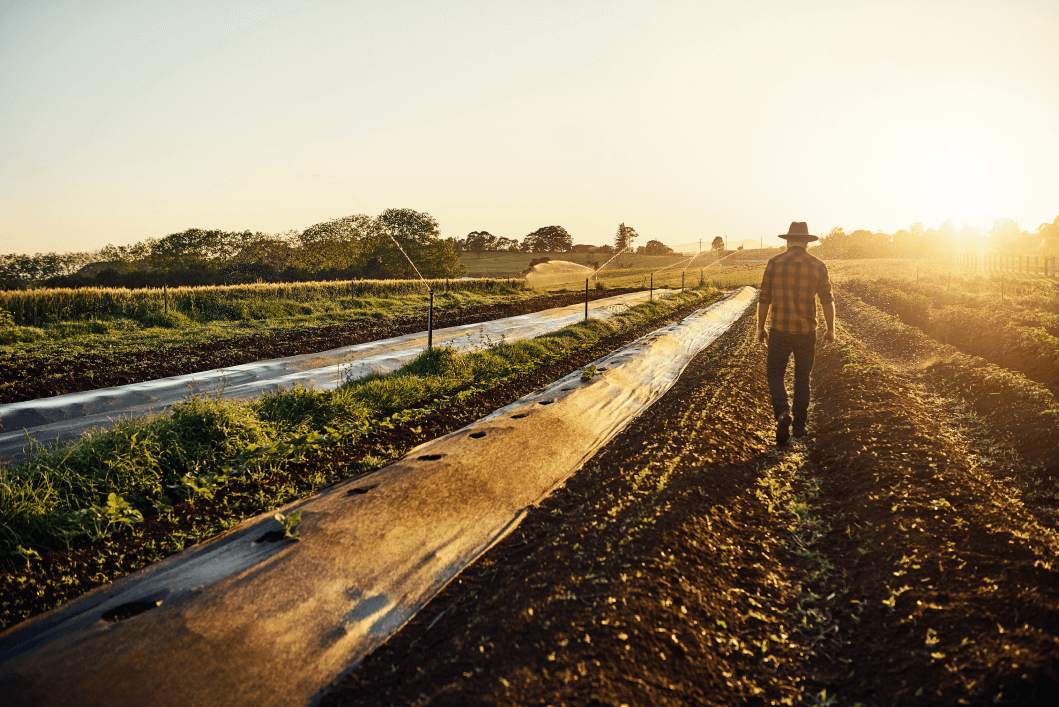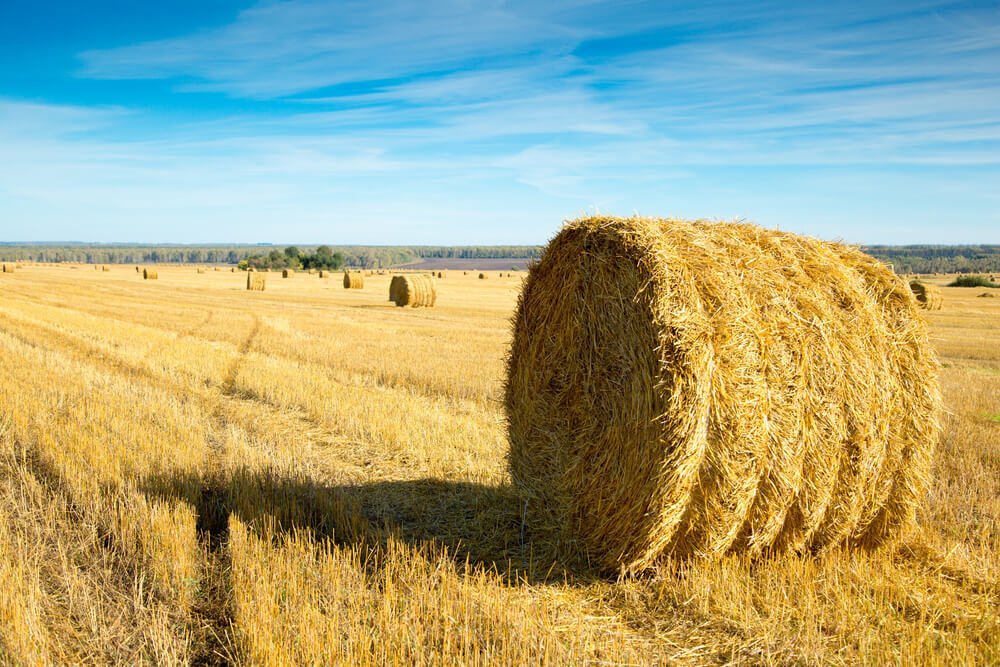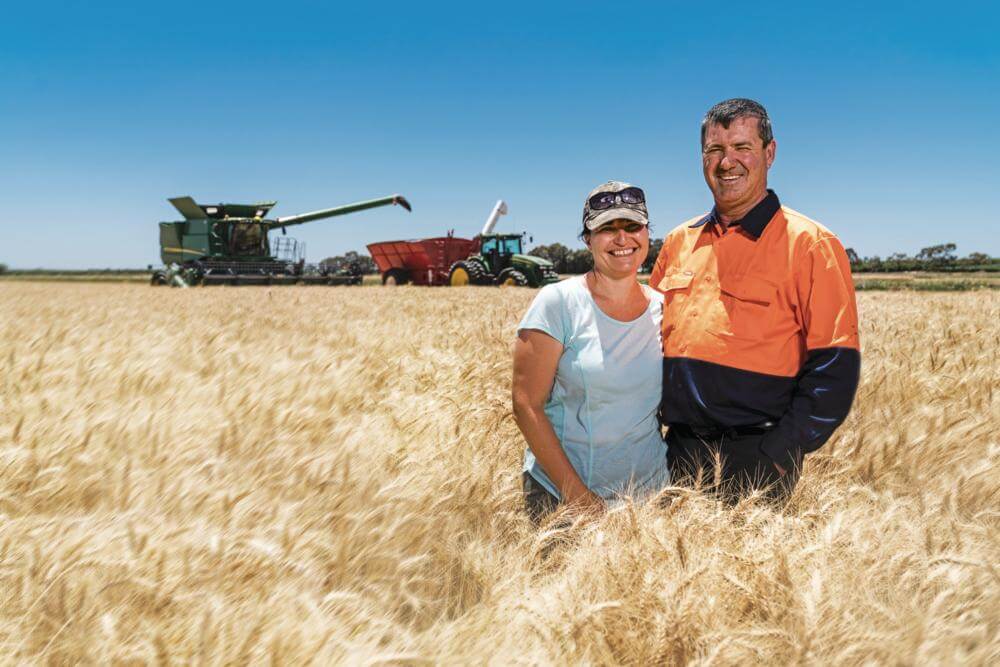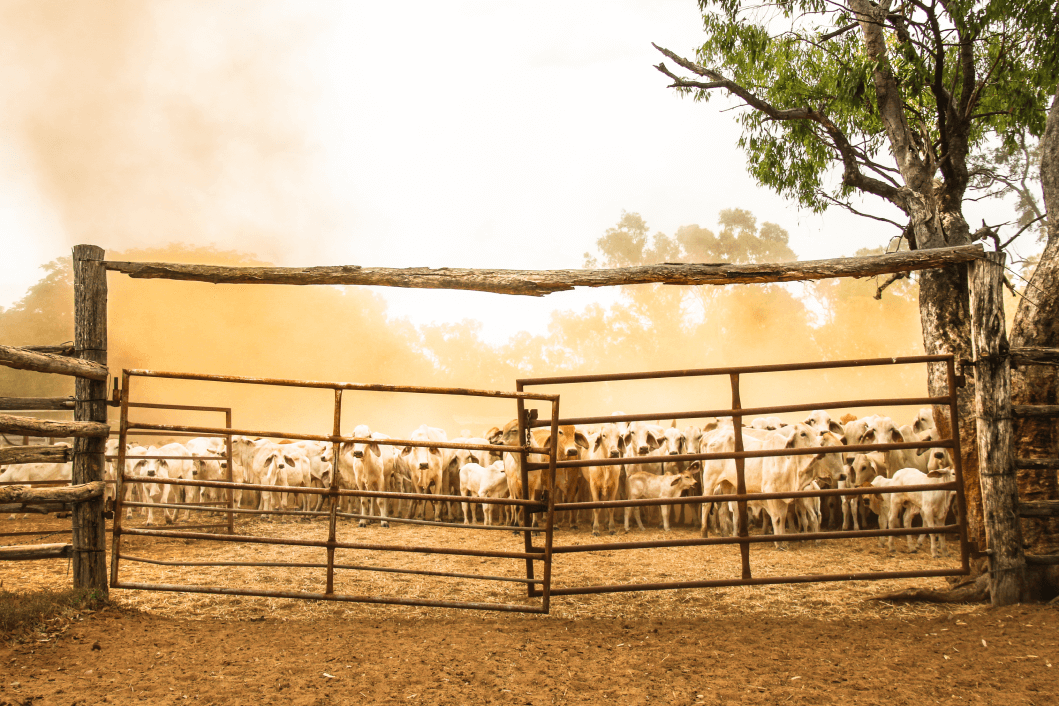If you’re an aspiring farmer in Australia, there are a few things you need to know before taking out a farm loan.
In this beginner’s guide, we’ll explore the different types of farm loans for beginning farmers in Australia.
So whether you’re looking to start a cattle farm or grow crops for commercial sale, here’s everything you need to know about farm loans for new farmers.
What is a farm loan, and why should you get one?
Farm loans can be used for various purposes, such as buying farm equipment, rural land, or livestock.
They can also be used for general farm improvements and expanding your agribusiness to increase production.
As you may be aware, many banks and other financial institutions offer agricultural lending.
They all vary in terms (of duration and rates of their loans). Still, the benefit is that farm loans usually have lower interest rates than other types of loans.
Furthermore, farm loans often have longer repayment terms to help you spread your payments over a more extended period.
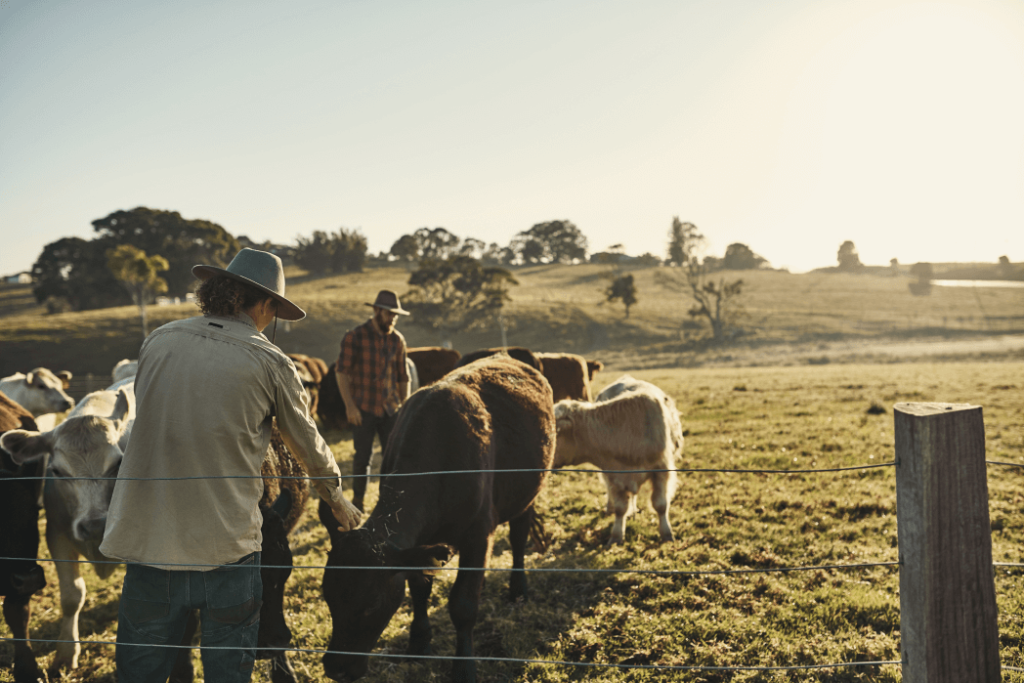
Who is eligible for a farm loan?
To qualify for a farm loan, you must be a farmer or an agribusiness owner. You will also need to have good credit and enough income to make the payments on the loan.
If you are just starting out as a farmer, you may still be able to qualify for a farm loan if you have other assets, such as land or equipment. These can be used as collateral for the loan.
When you’re just starting out, you won’t have the necessary collateral in most cases. It’s a game of chicken or the egg.
In this case, you could explore some low-doc options, but these typically have higher interest rates.
If you’re considering applying for an Australian government loan, there are stricter eligibility requirements, including:
- You must be an Australian citizen or permanent resident
- You must contribute at least 75% of your labour to the farm business (under normal circumstances)
- You must earn at least 50% of your income from the farm business (under normal circumstances)
Additionally, there are stipulations on your farm business, including:
- You must solely or mainly sell products into supply chains that are interstate or outside Australia or plan to in the future.
- You must have existing commercial debt.
- You must be registered for tax purposes in Australia with an Australian business number (ABN) and be registered for goods and services tax (GST).
- You must be in financial need of a loan.
- You must have the capacity to repay the loan.
- You must operate as a sole trader, trust, partnership or private company.
- You must be in the agriculture, horticulture, pastoral, apiculture, or aquaculture industry.
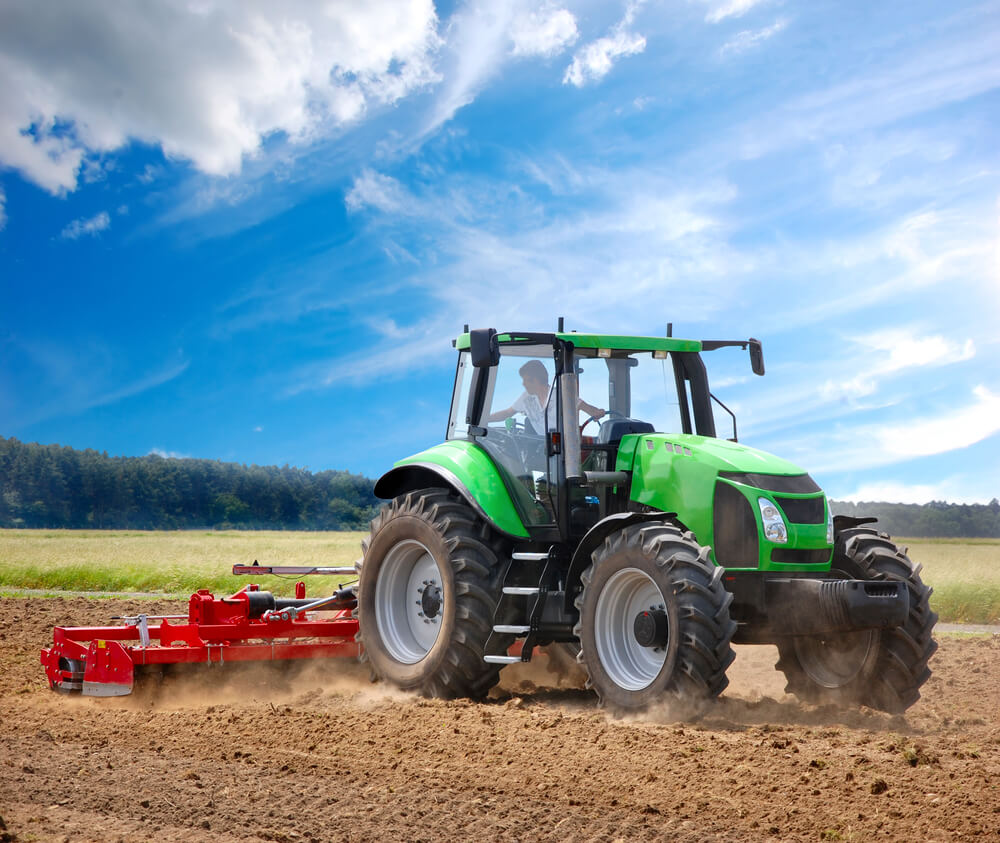
The rundown of the different types of farm loans and how to apply for them
There are several different types of farm loans available in Australia. The loan you choose will depend on your needs and your farm business.
Some common types of farm loans include:
- Commodity Loans – these loans are used to finance the purchase of farm commodities, such as livestock or crops. These loans are typically short-term and have higher interest rates than other types of farm loans.
- Operating Loans – these loans are used to finance the day-to-day operations of your farm, such as payroll or farm equipment. Operating loans typically have lower interest rates than commodity loans but may require collateral, such as farmland or equipment.
- Equipment Loans – these loans are used to finance the purchase of farm equipment, such as tractors or combines. Farm equipment loans often have low-interest rates and extended repayment terms.
- Land Loans – these loans are used to finance the purchase or improvement of farmland. Rural land loans typically have longer repayment terms and low-interest rates.
- Livestock Loans – these loans are used to finance the purchase of livestock, such as cattle or pigs. Livestock loans often have low-interest rates and extended repayment terms.
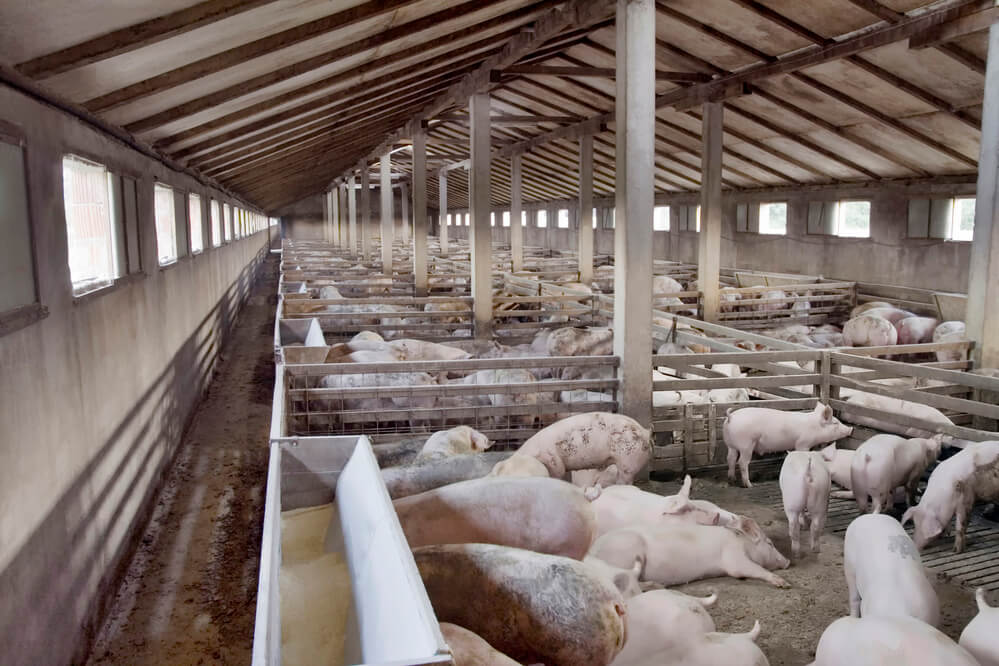
- Building Loans – these loans are used to finance the construction or improvement of farm buildings, such as barns and sheds. Building loans often have short repayment terms and high-interest rates.
- Government loans – the Australian government offers some farm loans for beginning farmers. These loans typically have low-interest rates and extended repayment terms.
Not all loans and lenders are equal, so it’s crucial to consult a farm loan expert before committing to any lender’s offer.
However, this guide should give you a general idea of the types of farm loans available in Australia and what you will need to apply for one.
To apply for a farm loan in Australia, you must provide financial information about your farm, including your income and expenses. You will also need to provide collateral for the loan, such as land or equipment.
Each loan provider will have different requirements, so shopping around and comparing farm loans is essential before you decide on one.
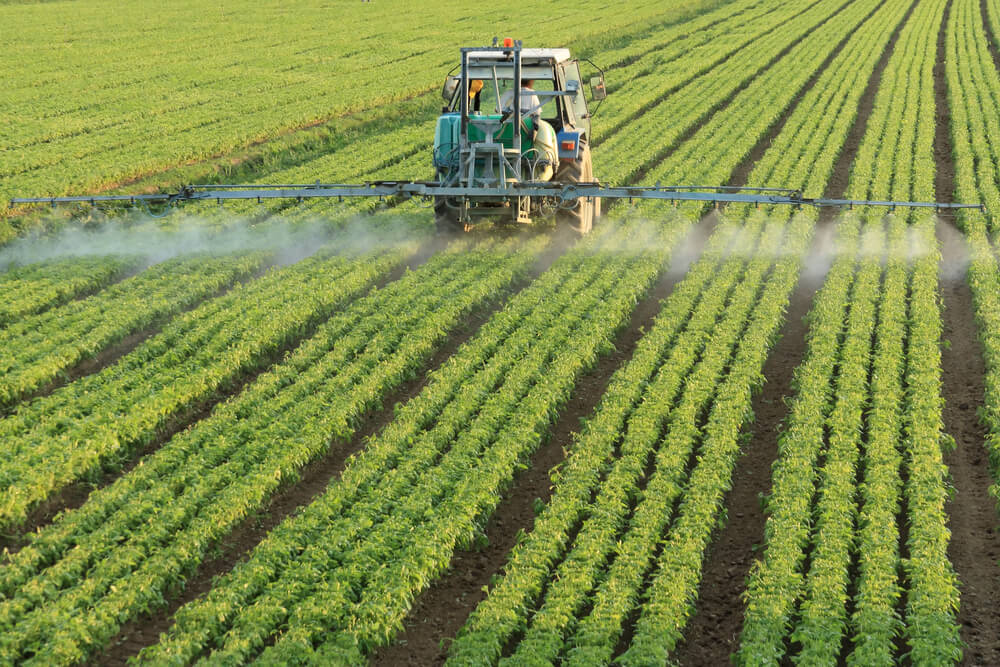
Other considerations for farm loans for beginning farmers Australia
Farm size, type of farm commodities, your farm business plan and credit score, will also come into play when choosing a farm loan.
- Farm size – the farm loans available to you will depend on the size of your farm. Starting out, you may want to consider a smaller loan.
- Type of farm commodities – the variety of farm commodities you produce will also play a role in choosing a farm loan. For example, suppose you are raising livestock. In that case, you will need to finance the purchase of the animals and the construction of housing and fencing.
- Your farm business plan – a farm loan is an investment in your farm, so you need to have a business plan outlining your farm’s goals and objectives. This will help you get the most out of your loan and ensure you are on track to success.
- Your credit score – as with all loans, your credit score will be a factor in farm loan approval. Check your credit report and score before applying for a farm loan to know where you stand.
All these factors will be important when you are ready to apply for farm loans for beginning farmers Australia.
Be sure to do your research and consult with an expert before making any decisions. With the right farm loan, you can make your dream of owning a farm a reality.


